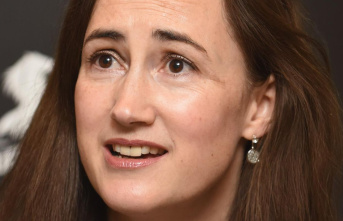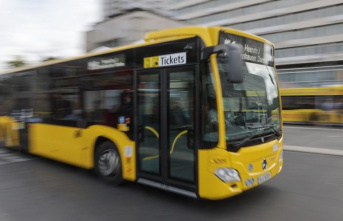California passed a law Saturday to eliminate one of the nation's largest canine blood banks. It also prohibits the practice of keeping dogs inside facilities while their blood is drawn.
Governor. Gavin Newsom signed legislation allowing veterinarians to run community blood banks that allow residents to take their pets to donate blood. They can also sell or transfer blood supplies to other clinics. The law creates a plan for the gradual elimination of closed colony banks that keep dogs in facilities while their blood is drawn repeatedly.
This is because California canine blood supplies are high in demand for emergency surgery and dogs who become ill. Although community banks are quite common in other states, they are not permitted in California. California has been limiting the use of these facilities to veterinarians or closed colonies.
Animal rights activists have opposed closed colonies banks for many years. They want their dogs to live in loving homes and not in cramped facilities. They had been pushing for changes many years ago. Newsom opposed the bill, saying that it did not go far enough to eliminate the practice of keeping dog donors in facilities.
The new law AB1282 requires that the state eliminate closed colony banks after 18 months of officials determining that community banks sell at least the same amount of canine blood per year as closed banks.
Daniel Paden, vice-president of PETA, stated that greyhounds who were bred in the South or dogs who have been abandoned on the streets deserve to be adopted into loving homes. "If they are physically and behaviorally sound, and can be referred to the vet for donation, it is a wonderful service that they can provide for other dogs."
People for the Ethical Treatment of Animals filed an allegation against the state three years ago alleging that 200 greyhounds were being neglected at a colony blood bank in Orange County. Hemopet, a non-profit bank that houses greyhounds, claimed the dogs were rescued from racing and were well taken care of during a blood donation program lasting 10 months. The dogs were then placed in screened adoption homes.
Hemopet did not return a message. According to the website, closed colony banks are able to provide a stable and clean blood supply for dogs and their donors aren't infected. Hemopet claims that it takes great care of its greyhounds and works with them because they are universal blood donors, which means that they can give to any dog regardless of their blood type.
Hemopet is among two licensed commercial blood banks in California. Animal Blood Resources International did not return a message.
Veterinarians and animal rights advocates agree that community canine blood bank can be safely done using modern veterinary science. California Veterinary Medical Association has almost 8,000 members and approved the bill. A process was set up to facilitate the transition to the new system and ensure adequate blood supplies, according to Dr. Grant Miller.
He said that blood supply is in high demand and has increased each year, as more people seek to treat their pets.
He said that "the role of animals has changed over the last few decades and they're now truly part of the family" and added that residents "want do everything they can to help them."
Judie Mancuso is the founder of Social Compassion in Legislation. She said that animal rights groups had long desired to eliminate closed banks, but acknowledged the need for a transitional period. She said that the new law will require state officials to determine whether community banking has sufficient blood supply to allow them to do so.
"We don’t know how many businesses or veterinarians will open up." She said that there is no way to predict the future. "We don’t know the answer, but we can change the law to make it easier."











